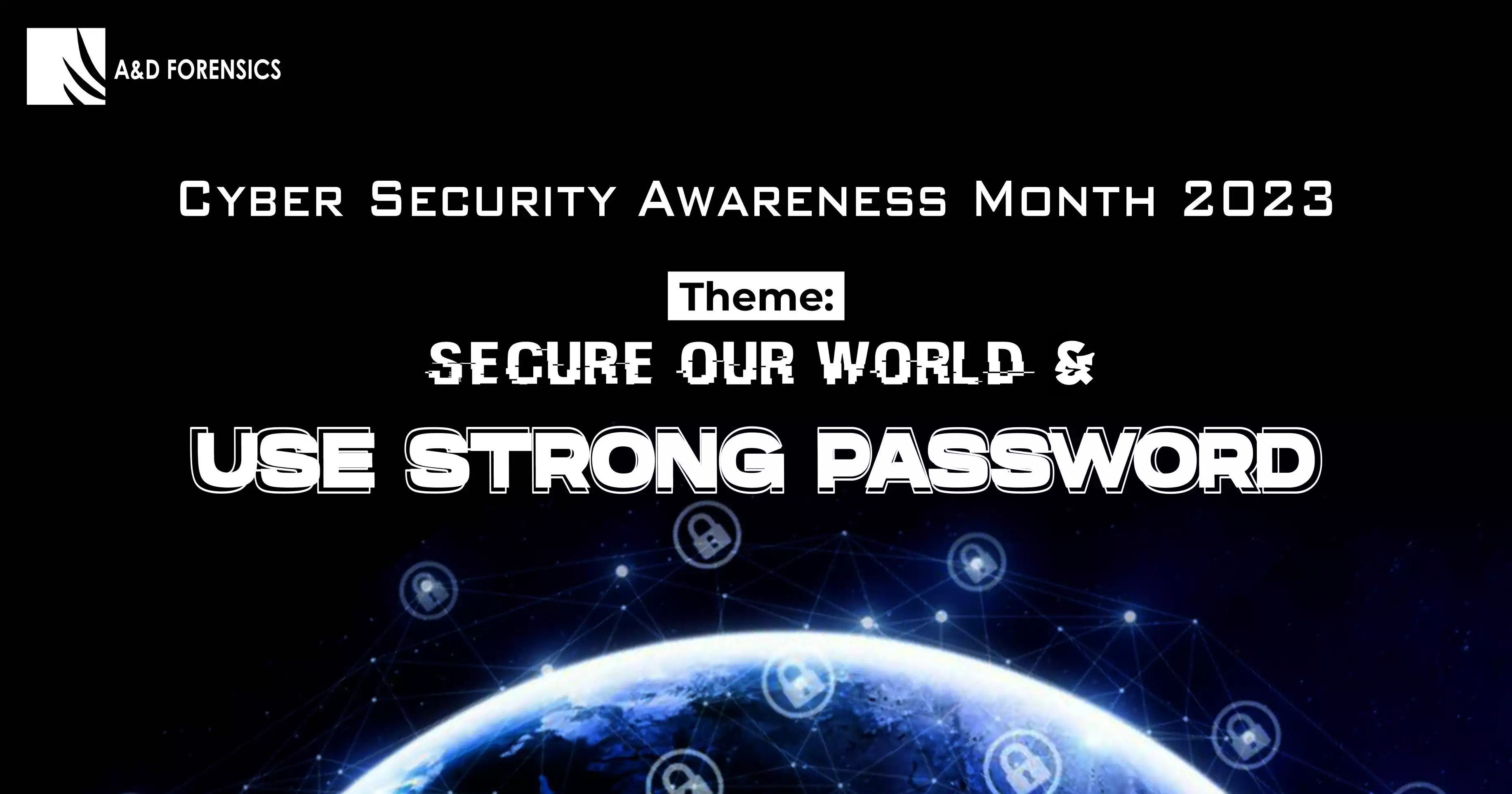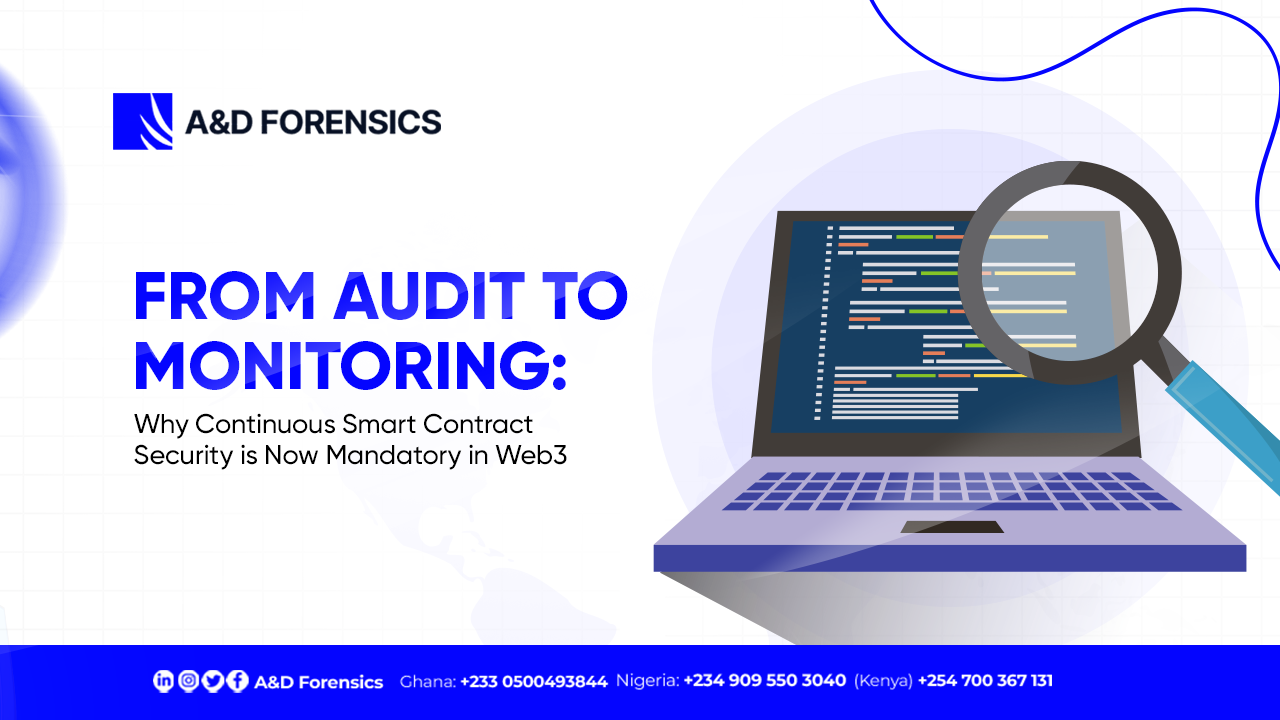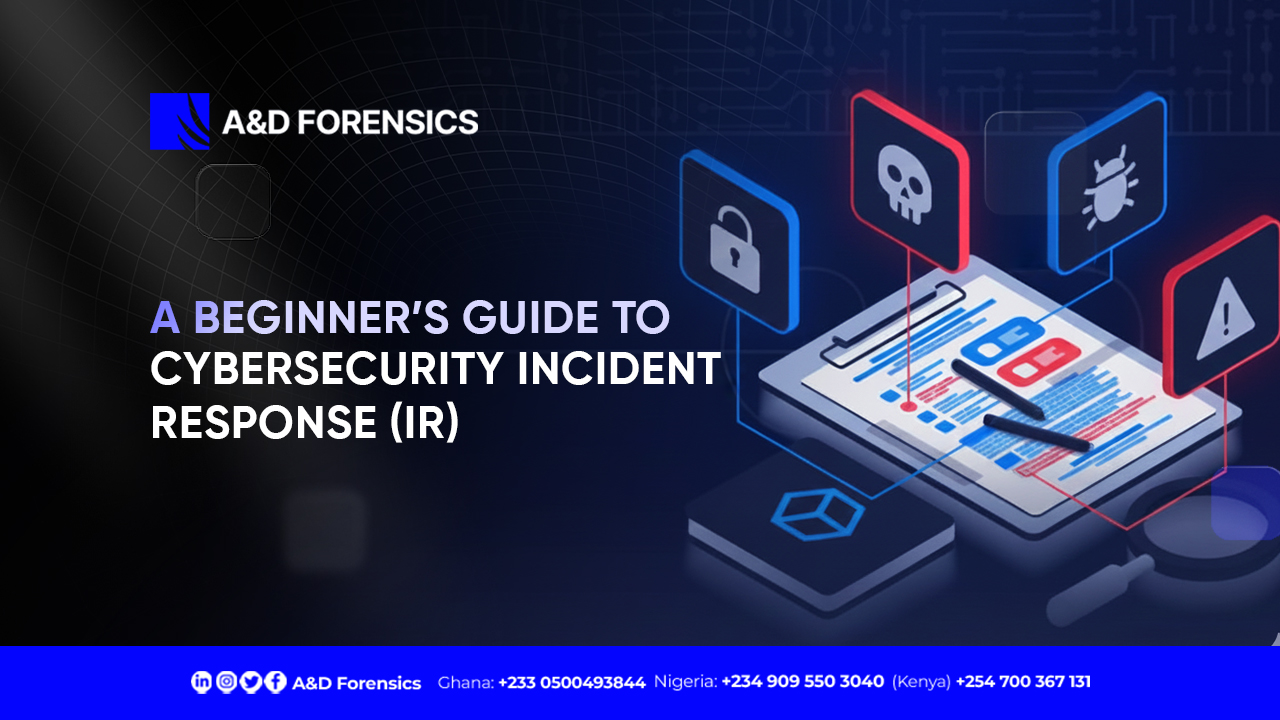Secure passwords remain the backbone of digital security. Learn the concept of passwords, why strong passwords matter, and how to create, manage, and protect them effectively during Cybersecurity Awareness Month.

The Concept of a Password
A password is a memorized string of characters known only to the user and used to verify their identity before granting access to a system.
When a user enters their credentials, typically a username or email address and a password, the system checks them against its database of registered users.
If the credentials match, access is granted; otherwise, it’s denied.
This simple mechanism forms the foundation of user authentication in nearly every digital system, from social media platforms to online banking. However, because of its simplicity, a password can easily be exploited if not properly secured.
If a malicious actor obtains another user’s password, they can impersonate that user and compromise sensitive data.
That’s why using strong passwords is not just advisable; it’s critical.
Why a Strong Password Matters
In today’s cyber threat landscape, creating a strong password is no longer optional; it’s a survival strategy.
Cybercriminals now use sophisticated methods, such as brute-force attacks, credential stuffing, and phishing, often combined with previously stolen data to break weak passwords.
A strong password makes it significantly harder for attackers to succeed. It reduces the risk of unauthorized access, safeguards personal and organizational data, and acts as the first wall of defense in your digital security posture.
How to Create a Strong Password: Step-by-Step Guide
Step 1: Prioritize Length and Complexity
Use passwords that are at least 12–16 characters long, combining uppercase and lowercase letters, numbers, and special characters (like @, #, or !). Example: T!m3ToS3cur3@2025
Step 2: Avoid Predictable Patterns
Do not use easily guessed information such as your name, birthday, or simple words. Attackers often use “dictionary attacks,” automated tools that try thousands of common words and patterns.
Step 3: Use Unique Passwords for Each Account
Never reuse passwords across multiple platforms. If one platform is breached, others become vulnerable instantly.
Step 4: Consider Passphrases
Use memorable but complex phrases.
For instance:
B3autiful$un$ets@TheL4k3!
Passphrases are longer, easier to remember, and harder to crack.
Step 5: Use a Password Manager
Remembering multiple complex passwords can be challenging. A password manager securely stores all your passwords, generates new strong ones, and auto-fills them when needed.
Popular options include LastPass, Dashlane, and 1Password.
Step 6: Enable Multi-Factor Authentication (MFA)
Even with a strong password, add another security layer through MFA. This may involve a verification code sent to your device, a fingerprint scan, or a hardware token ensuring that only you can log in.
Step 7: Regularly Update Your Passwords
Change passwords periodically, especially for sensitive accounts (like email, finance, or work-related systems).
Also, check platforms like Have I Been Pwned to ensure your credentials haven’t been part of a data breach.
Common Mistakes to Avoid
Using the same password for multiple accounts
Saving passwords in unprotected files
Sharing passwords through chat or email
Ignoring MFA prompts or password update reminders
Each of these mistakes gives attackers an opening, and in cybersecurity, even one small weakness can be catastrophic.
From Awareness to Action
During Cybersecurity Awareness Month, take a proactive step toward digital safety.
Strengthen your passwords, enable MFA, and use a password manager. These simple actions drastically reduce your risk of falling victim to a cyberattack.
Your password isn’t just a formality; it’s your digital shield.
Treat it with the same importance as the key to your home or the PIN to your bank account.
Conclusion
In the age of digital connectivity, passwords remain the cornerstone of online protection.
Creating, managing, and updating them wisely is the simplest yet most powerful way to secure your world.
At A&D Forensics, we emphasize strong password practices as part of a holistic security strategy.
Our services include penetration testing, cryptocurrency investigation, digital asset compliance, and cybersecurity training, all designed to help individuals and organizations stay one step ahead of threats.






